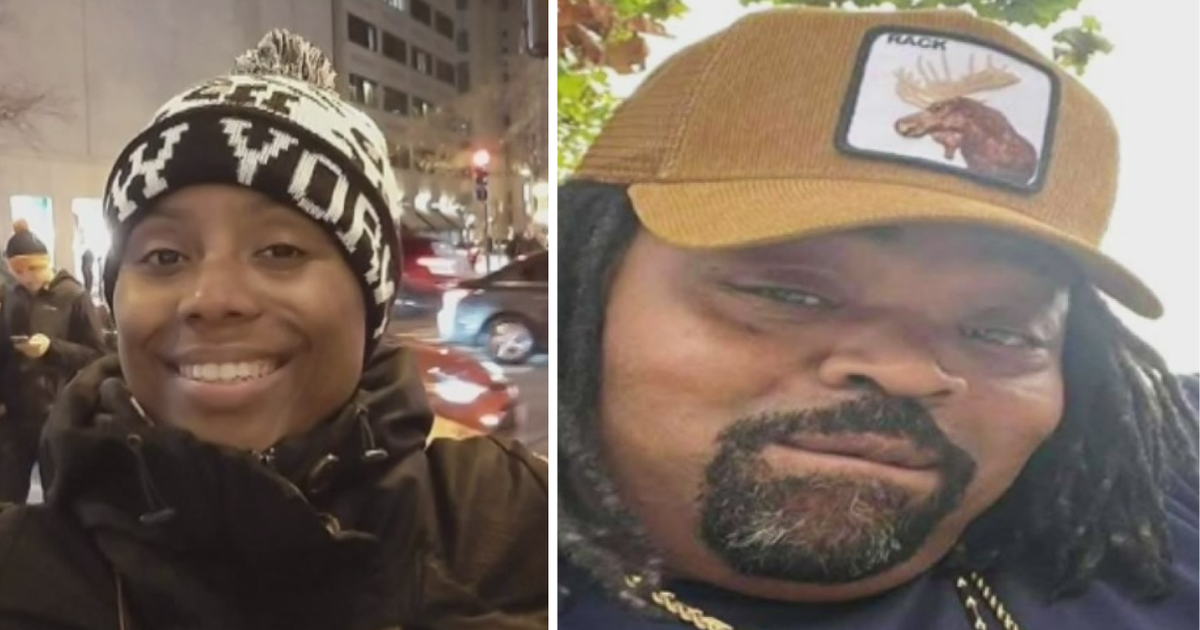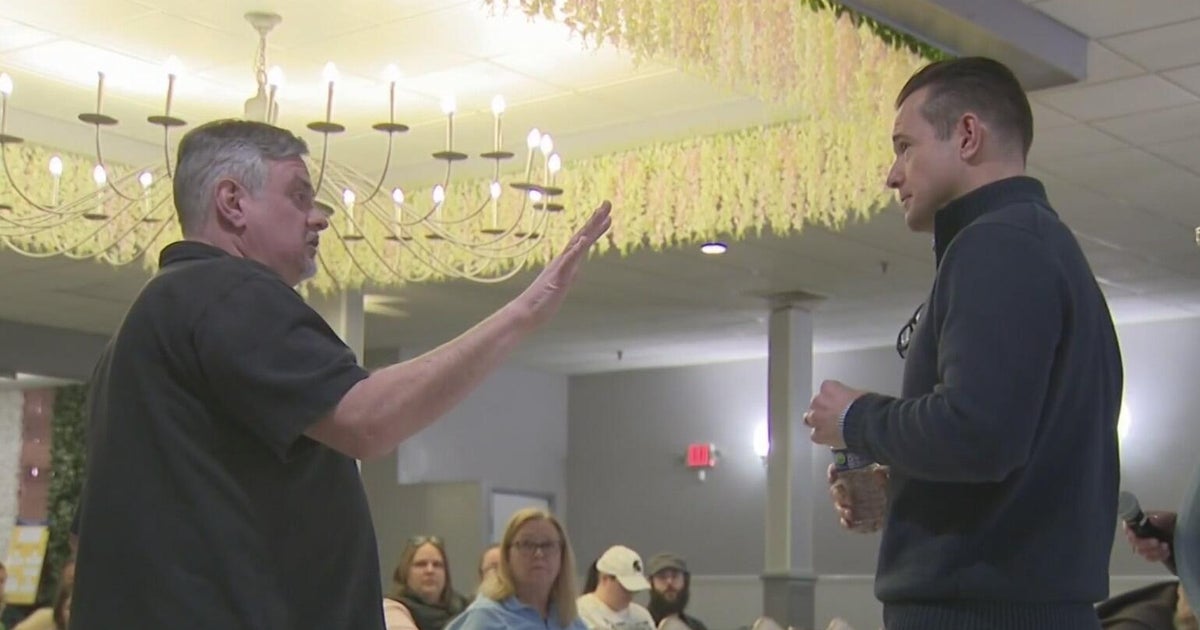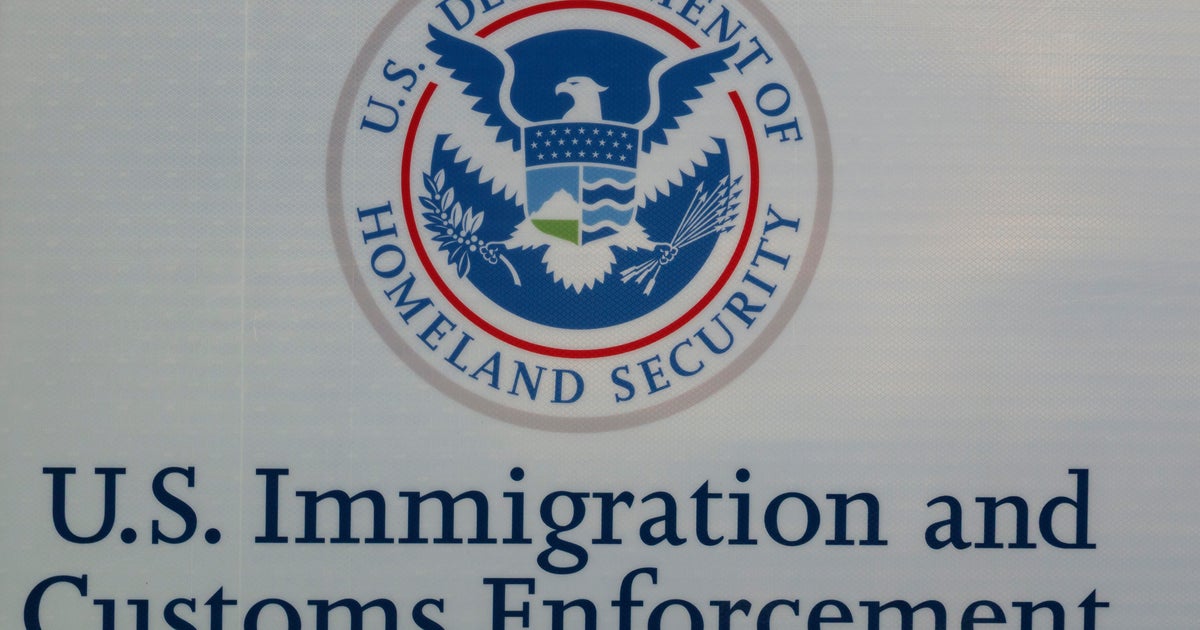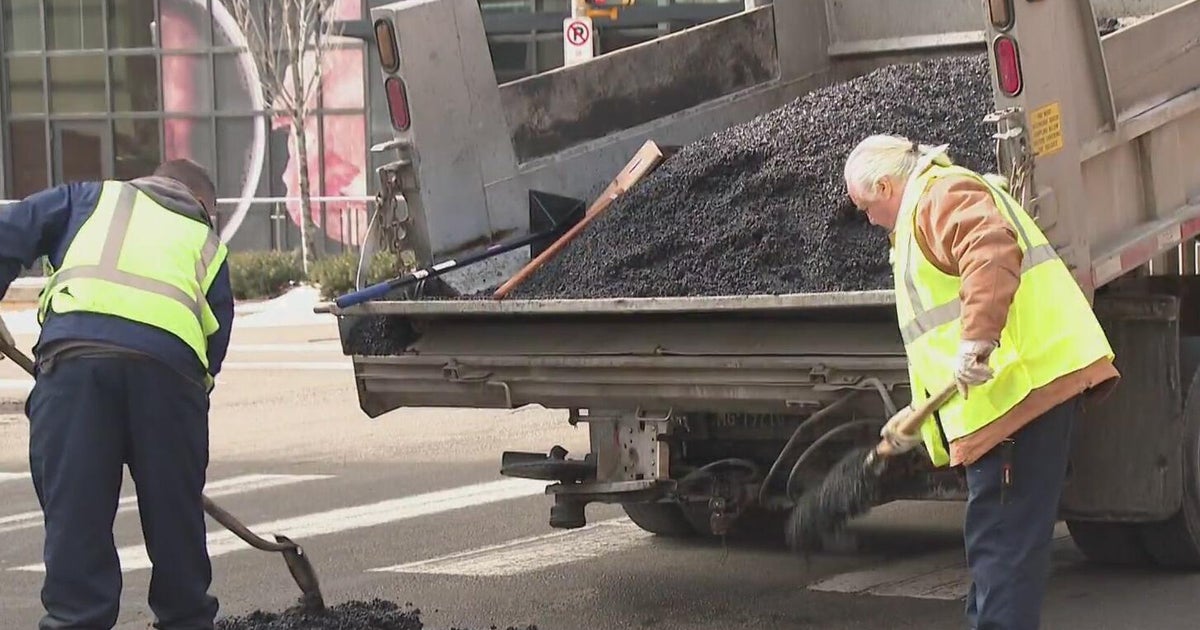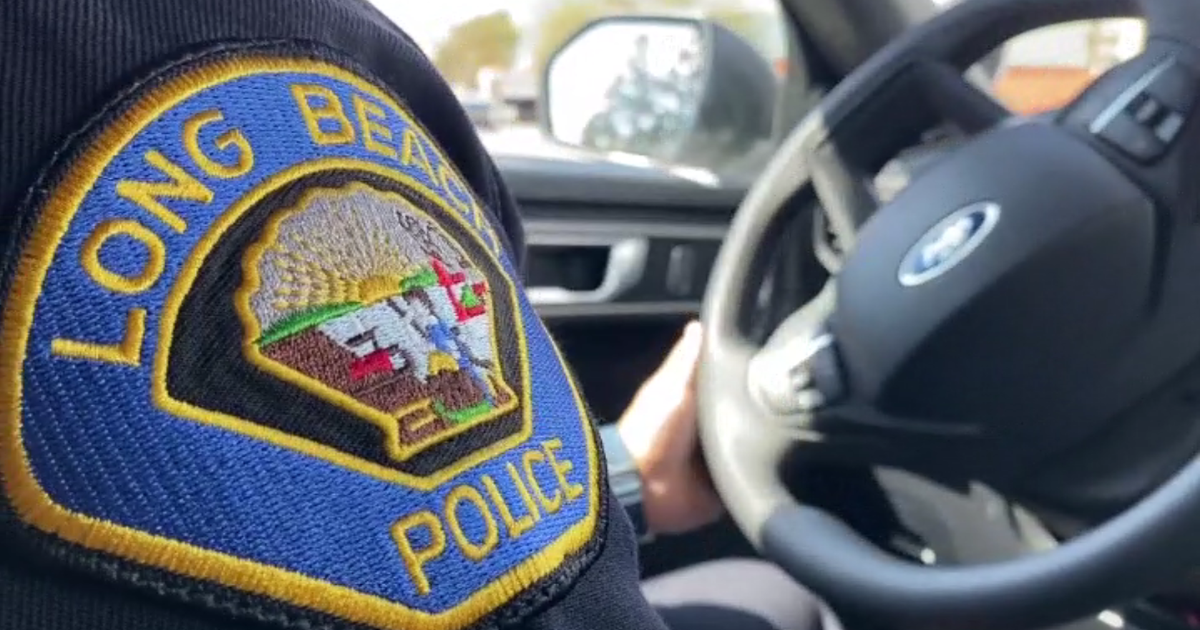Chicago Mayor Lightfoot: New Coordination Center, Using Data To Get COVID Information Out, Will Now Be Used To Combat Violence
CHICAGO (CBS) -- Chicago's mayor announced the creation of a Community Safety Coordination Center (CSCC) to use information, the way the city did to respond to the number of COVID-19 cases, to now combat violence in the city.
"If COVID-19 taught us anything, it's that in order to solve some of our greatest problems as a city, we have to work collaboratively, both across city departments and our many valued community partners and nonprofits," said Mayor Lightfoot. "The CSCC is the city's next step in our whole of government, all hands on deck approach to reducing and preventing violence in our communities; and enhancing the safety of all our residents and visitors."
Lightfoot said the Community Safety Coordination Center will be "an incredible new resource in Chicago's fight against violence, and will create the opportunities for enhanced coordination and cooperation that have been instrumental in keeping Chicagoans safe and healthy through the pandemic."
The CSCC will coordinate resources to help engage residents and community groups. The mayor said the space will have workers from "healthcare and mental health organizations, violence reduction nonprofits, youth services organizations, victim services organizations, education organizations, faith communities, local businesses, elected officials," as well as city departments.
"Throughout the pandemic response and vaccine roll-out, we have worked very closely with our valued community partners, knowing that it is through them we would have the greatest impact," said Dr. Allison Arwady, Commissioner of the Chicago Department of Public Health. "The CSCC will do the same, strengthening community connections as part of this vital violence prevention work."
Arwady said taking on violence in the city is a daunting task, but says the way the city responded to the COVID outbreak taught important lessons.
"For COVID, we don't just say, 'Where are we seeing the cases?' We say, 'What's the data around what we're doing about it? Where are we putting testing? What are we doing around vaccine? What are the community groups doing?'" said Arwady, adding that in talking about violence data, information can help Chicago with crucial elements to curb violence.
"We talk about the outcomes, we talk about the homicides, we talk about domestic based violence and other violence. And that's critical and important," Arwady said. "But we have to use that data, pair it with the data of our response."
She said response isn't just law enforcement, but the many community groups on the ground seeing the violence first-hand.
"We do not have all of the answers about this. We don't have a vaccine for violence in the way that we do for COVID, but we have seen the power of an entire city coming together around COVID," she said.
The space will provide data sources and analysis on violent crime. The city said it will also examine the root causes of violence. Along with information on violence in the city, the center will "provide data on food insecurity, power and internet connectivity, affordable housing, and healthcare access."
Lightfoot said that will help the city take "a more holistic and community-driven approach when using this data to prevent violence. She said the program will cost around $50 million dollars, and the mayor said she plans to ask City Council for more money as the center's programs need more resources.
"What we're doing is bringing together all of the city employees who are already working on this work, so they're they're engaged in programmatic work for monies that have already been allocated, and we're bringing them all together in one space," Lightfoot said. "There's some nominal costs associated with bringing everybody together, but that's really inconsequential, the focus is breaking people out of their silos, bringing them together."
Community leaders said the goal of this center is to not only share information or data on violence statistics, but to bring people in affected neighborhoods to the table so people can talk about what works and what doesn't in terms of violence prevention.
"Reducing violence cannot be accomplished without direct input from those who are most impacted by it," said Rodney Brown, Executive Director of North Lawndale Coordinating Council. "A violence prevention plan that is made at the highest levels and pushed downward will never work, which is why I commend the Mayor and her team for creating this center to serve as a force for the community to direct and appropriate the resources and staff that they need."
